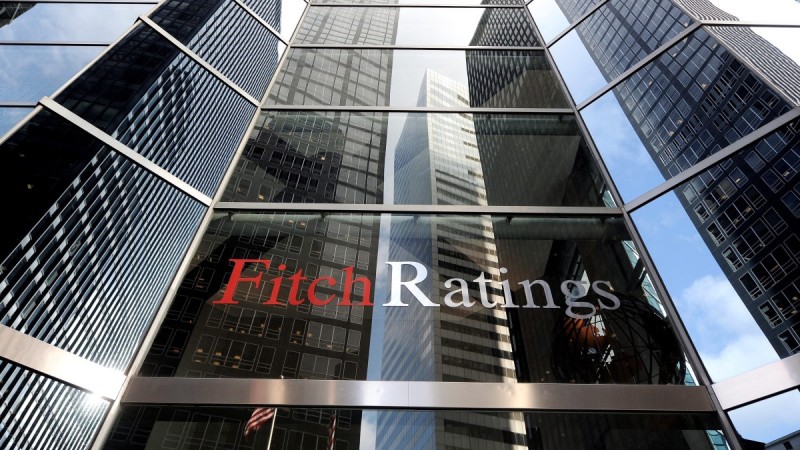According to a statement from the ministry of finance, Fitch “explicitly praised Hungary’s stable economic performance and economic growth supported by investment, supportive fiscal policy, and an outstanding level of industrial production”.
The positive perception is further reinforced by the low unemployment rate, which fuels economic growth, as well as (future) family-friendly personal income tax refunds and vaccine abundance, Fitch said in its assessment of the Hungarian economy.
The ministry’s statement added that, in Fitch’s view, Hungary has adapted well to changed circumstances as a result of the coronavirus epidemic, and it is “stronger and more effective in protecting against the effects of the epidemic than in the EU”.
Of the three market-leading international credit rating agencies, Fitch Ratings, Standard & Poor’s Financial Services Group (S&P Global Ratings), and Moody’s Investors Service, S&P and Fitch have maintained Hungary’s sovereign debt rating at the same level.
Moody’s current Hungarian sovereign debt rating of “Baa3” corresponds to “BBB minus” in the methodology of Fitch Ratings and S&P, so Moody’s maintains Hungary one rating lower than the other two credit rating agencies. At the same time, in September last year, Moody’s improved the outlook for the Hungarian sovereign rating from the previous stable one to a positive one, indicating the possibility of upgrading.
Moody’s has set a second review of the Hungarian sovereign rating for this year on September 24, and S&P will review the Hungarian sovereign rating for the second time on August 13.
Title image: Fitch Ratings building. (MTI/EPA/Justin Lane)






